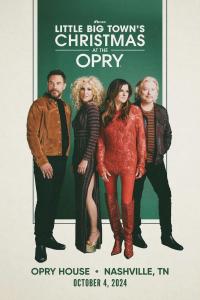Torrent details for "Bittelli M., Olmi R. Random Process Analysis with R 2022 [andryold1]" Log in to bookmark
Controls:
External index by SiteBot Verified
Category:
Language:
 English
EnglishTotal Size:
10.53 MB
Info Hash:
b6f52eda3a27a6717a25e0bf293aba00f04160fb
Added By:
Added:
06-11-2022 10:24
Views:
76
Health:

Seeds:
1
Leechers:
0
Completed:
83
Textbook in PDF formatExternally indexed torrent If you are the original uploader, contact staff to have it moved to your account
Random process analysis (RPA) is used as a mathematical model in physics, chemistry, biology, Computer Science, information theory, economics, environmental science, and many other disciplines. Over time, it has become more and more important for the provision of computer code and data sets. This book presents the key concepts, theory, and computer code written in R, helping readers with limited initial knowledge of random processes to become confident in their understanding and application of these principles in their own research. Consistent with modern trends in university education, the authors make readers active learners with hands-on computer experiments in R code directing them through RPA methods and helping them understand the underlying logic.
Many books about random processes have been published over the years. Over time, it become more and more important to provide not only the theory and examples regarding a specific processes, but also the computer code and example data. Therefore, this book is intended to present concepts, theory and computer code written in R, that helps readers with limited initial knowledge of random processes to become operational with the material. Each subject is described and problems are implemented in R code, with real data collected in experiments performed by the authors or taken from the literature. With this intent, the reader can promptly apply the analysis to her or his own data, making the subject operational. Consistent with modern trends in university instruction, this book make readers active learners, with hands-on computer experiments directing readers through applications of random process analysis (RPA).
The codes presented in this book are written using the RStudio integrated development environment (IDE). RStudio includes a console, an editor that supports direct code execution, as well as tools for plotting, debugging and workspace management. There are many books about programming in R that can be used as reference and in particular publications and links presented in the official Comprehensive R Archive Network (CRAN). The codes and example data written in this book can be dowloaded from the website http://www.marcobittelli.it under the section Computer codes for books. Exercises are presented at the end of each chapter and solutions are downloadable on the book’s website.
Open source languages and related libraries are subject to changes, updates and modifications, therefore the packages presented here may undergo changes in the future. To obtain specific information and documentation about a library, the following instruction should be used: library(help=GA), where for example the library (GA) for genetic algorithms can be explored. Here we list the libraries necessary to run the examples in different chapters: Chapter 7 requires the library lubridate Chapter 9 the library rjags, described in detail in the Appendix B Chapter 12 requires ggplot2, gstat, lattice, mapview, GA, quantmod, reshape, sf, sp, stars, tidyverse, xts and zoo and Chapter 13 requires entropy, tseriesEntropy











































